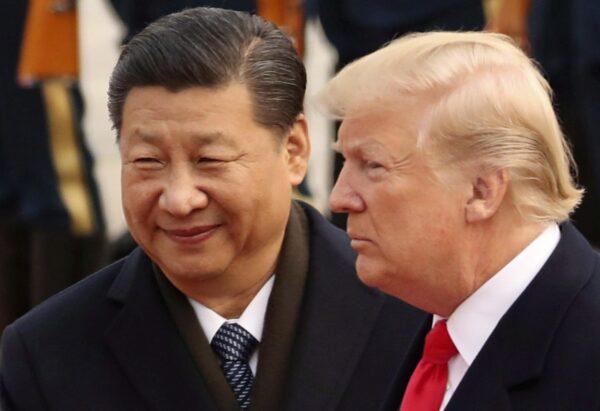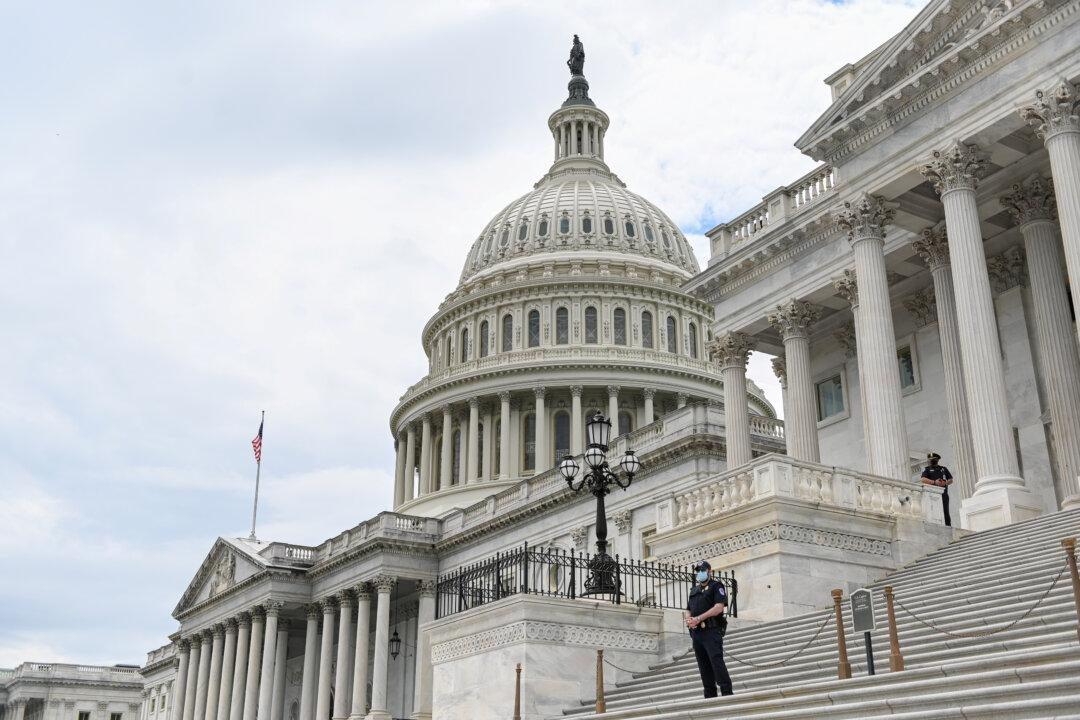WASHINGTON—The U.S. House of Representatives overwhelmingly approved legislation on May 27 calling for sanctions on Chinese officials responsible for oppression of Uyghur Muslims, sending the bill to the White House for President Donald Trump to veto or sign into law.
The tally was 413-1. The near-unanimous support in Congress—the Senate passed the bill by unanimous consent—puts pressure on Trump to impose human rights sanctions on China.
Although Trump’s fellow Republicans in Congress said they expected he would sign the bill, the White House has not yet indicated whether he will do so. Aides did not respond to requests for comment.
The bill calls for sanctions against those responsible for repression of Uyghurs and other Muslim groups in China’s Xinjiang region, where the United Nations estimates that more than a million Muslims have been detained in camps.

It singles out the region’s Communist Party secretary, Chen Quanguo, a member of China’s powerful Politburo, as responsible for “gross human rights violations” against them.
“Congress sent a clear message that the Chinese government cannot act with impunity,” said Sen. Marco Rubio (R-Fla.), who led the push for the legislation.

The bill also calls on U.S. companies or individuals operating in Xinjiang to take steps to ensure their products do not include parts made using forced labor.
“Today, with this overwhelmingly bipartisan legislation, the United States Congress is taking a firm step to counter Beijing’s horrific human rights abuses against the Uyghurs,” House Speaker Nancy Pelosi said in a statement.
The vote on Wednesday was historic, the first use of proxy voting because of the pandemic.





